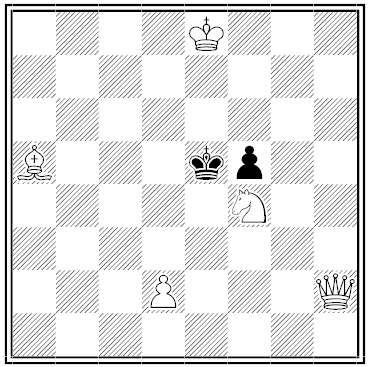
Red deer still honor the Iron Curtain. During the Cold War, barbed wire and an electric fence divided Eastern Europe from the West, separating the deer population into two groups. Deer follow traditional trails, which are taught to each generation by its forebears. Now that the fence is gone, red deer range on both sides of the border but refuse to cross it.
“In the past, the deer didn’t go to the Czech side because of the fence,” German biologist Marco Heurich told the Wall Street Journal in 2009. “Now the fence is gone but they still stop at the border.” Film producer Tom Synnatzschke added, “The wall in the head is still there.”
As with humans, it’s the young deer who are testing the old ways. “Our data showed that the animals behaved very traditionally,” said zoologist Pavel Sustr. “The former border was in the minds of the animals. But some of the young animals are searching for new territory. They are more and more deleting the border behavior that was there before.”



